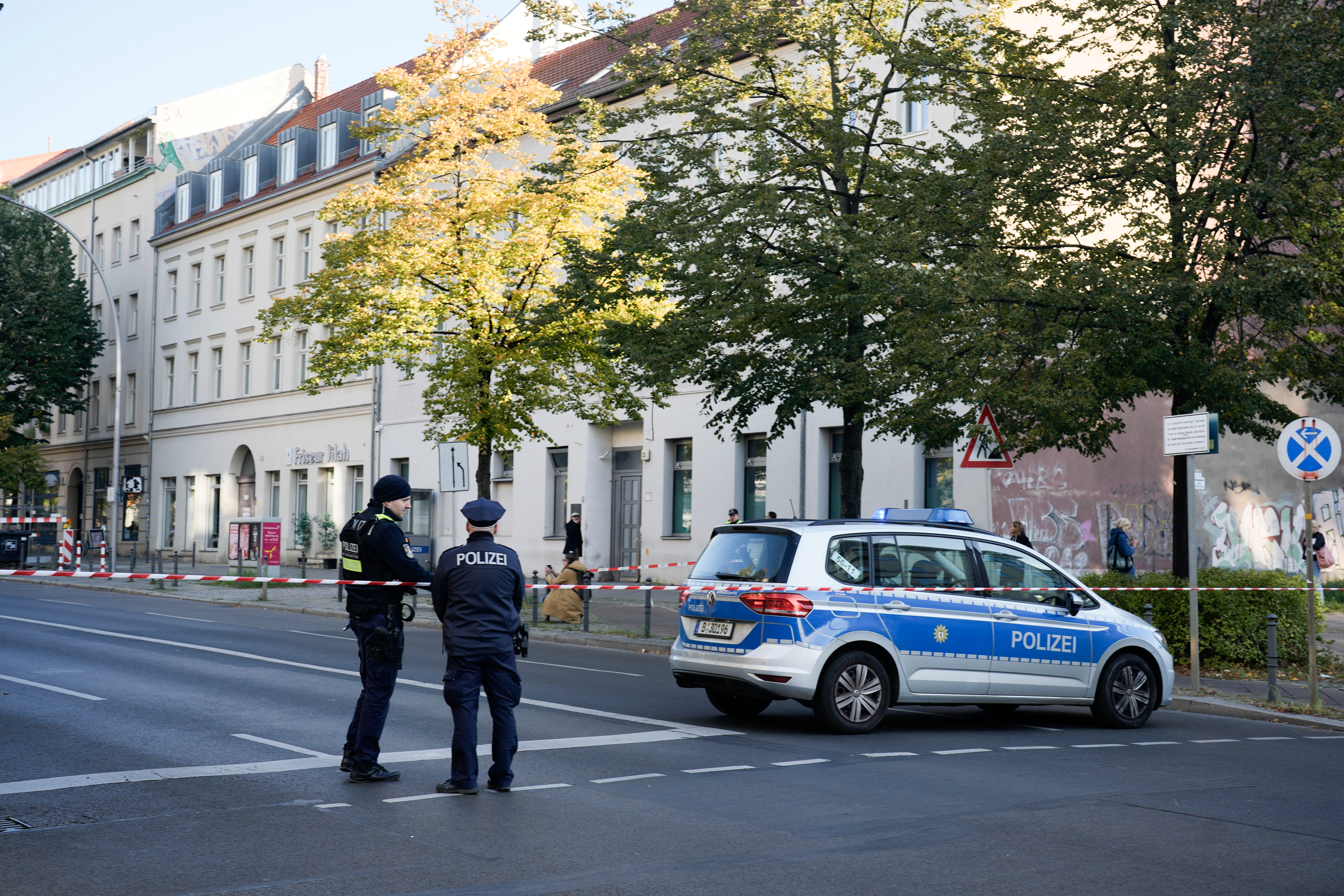EU debates how to handle rising security challenges as Israel-Hamas war provokes new concerns
European Union interior ministers are debating how to manage the impact of the war between Israel and Hamas on the bloc

Your support helps us to tell the story
From reproductive rights to climate change to Big Tech, The Independent is on the ground when the story is developing. Whether it's investigating the financials of Elon Musk's pro-Trump PAC or producing our latest documentary, 'The A Word', which shines a light on the American women fighting for reproductive rights, we know how important it is to parse out the facts from the messaging.
At such a critical moment in US history, we need reporters on the ground. Your donation allows us to keep sending journalists to speak to both sides of the story.
The Independent is trusted by Americans across the entire political spectrum. And unlike many other quality news outlets, we choose not to lock Americans out of our reporting and analysis with paywalls. We believe quality journalism should be available to everyone, paid for by those who can afford it.
Your support makes all the difference.European Union interior ministers met Thursday to discuss how to manage the impact of the war between Israel and Hamas on the bloc, after a firebomb assault on a Berlin synagogue and killings in Belgium and France by suspected Islamist extremists.
Sweden hosted a meeting of ministers from eight countries, among them Germany, Belgium and France, focused on how to handle incidents where people burn the Muslim holy book, the Quran.
Prosecutors are trying to establish whether that was a key motive for a Tunisian man who shot three Swedes in Brussels on Monday, killing two of them, ahead of a Belgium-Sweden soccer match in the capital.
While the Quran burnings are not directly linked to the conflict between Israel and Hamas, they are a sign of rising tensions between religious and other communities in Europe.
The war that began Oct. 7 has become the deadliest of five Gaza wars for both sides. The Hamas-run Gaza Health Ministry said Wednesday that 3,478 Palestinians have been killed and more than 12,000 injured in the past 11 days.
More than 1,400 people in Israel have been killed, and at least 199 others, including children, were captured by Hamas and taken into Gaza, according to Israeli authorities.
“We have to address multiple impacts from the continuing crisis in the Middle East, and part of this is to assess all possible consequences for us in the European Union,” European Commission Vice-President Margaritis Schinas said.
“This entails the protection of our Jewish communities, but also the protection against a generalized climate of Islamophobia that has no place in our society,” he told reporters in Luxembourg, where the meeting is taking place.
Pro-Palestinian rallies have been held in several European cities since the war. France has banned them. Germany has also promised to take tougher action against Hamas, which is already on the EU’s list of terrorist organizations.
After assailants threw two Molotov cocktails at the Berlin synagogue on Wednesday, German Chancellor Olaf Scholz said that “we will never accept when attacks are carried out against Jewish institutions.”
In France, the Palace of Versailles — a major tourist attraction — and three airports were evacuated for security reasons and temporarily closed Wednesday. The incidents were the latest in a spate of evacuations in the past five days around France.
They followed the killing of a teacher in the northern city of Arras on Friday by a suspected Islamist extremist.